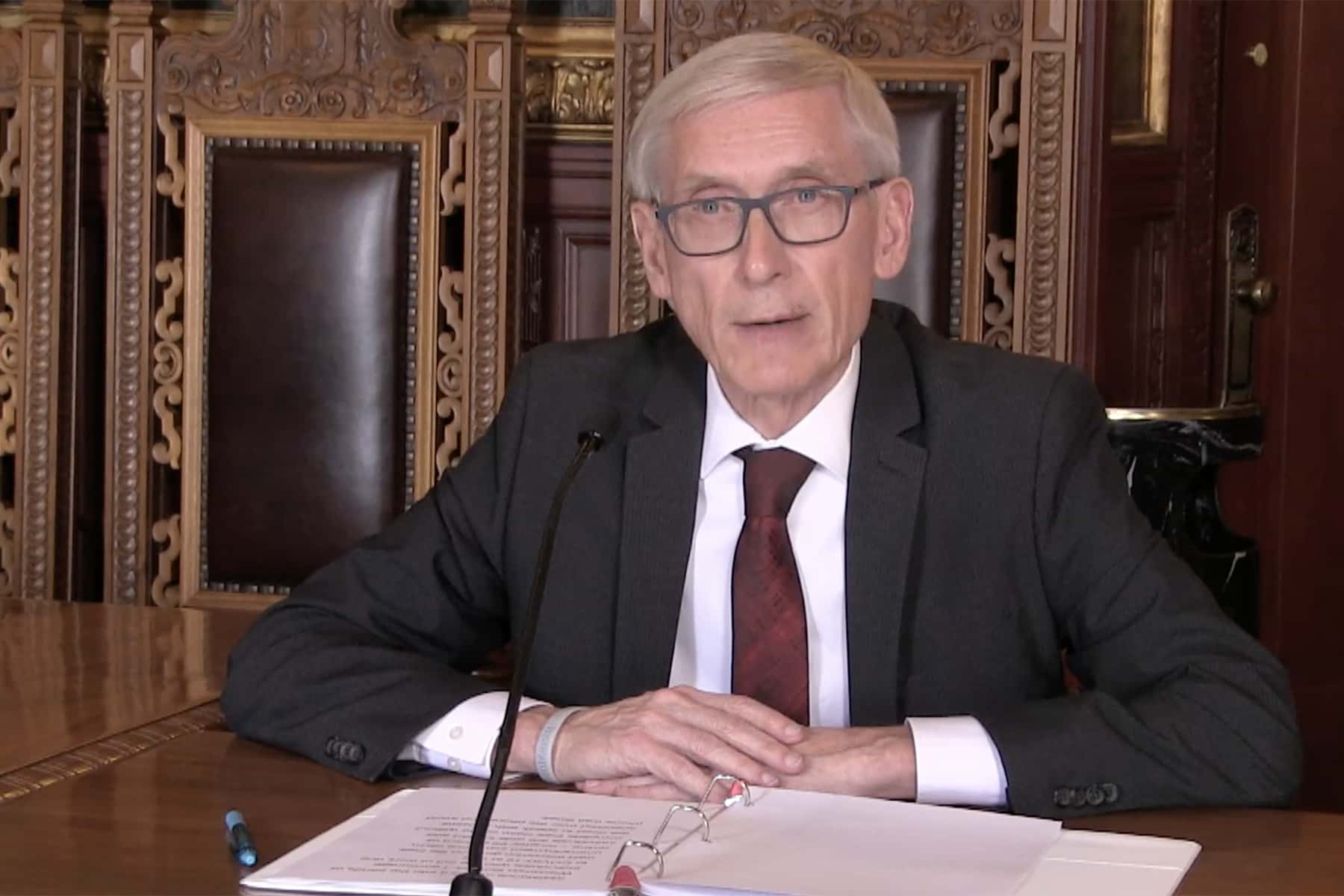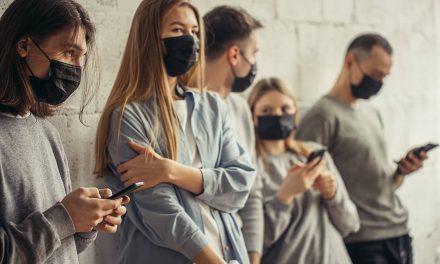
A new Marquette Law School poll of Wisconsin registered voters finds strong support for government actions to control the coronavirus pandemic, even as the poll also shows these actions to be having a substantial financial impact on voters.
Eighty-six percent say that it was appropriate to close schools and businesses, and restrict public gatherings, while 10 percent say that this was an overreaction to the pandemic. Fifty-one percent strongly approve of legislation providing direct cash payments to individuals, and 28 percent somewhat approve, while 9 percent somewhat disapprove and 6 percent strongly disapprove.
A large majority of voters approve of the way Governor Tony Evers has handled the coronavirus issue, with 76 percent saying they approve and 17 percent saying they disapprove. A majority, 51 percent, approve of President Donald Trump’s handling of the pandemic, while 46 percent disapprove.
The economic impact is clear in this poll with 9 percent saying they have lost a job or been laid off. An additional 21 percent say someone else in the family has lost employment. Sixty-eight percent say there has not been a job loss in the family.
Work hours have been reduced for 22 percent of respondents. A further 29 percent say someone else in the family has had work hours reduced while 48 percent say no one in their family has had hours reduced. Twenty-six percent say they have had to work from home. An additional 30 percent say someone else in the family has begun to work from home while 43 percent say no one in the family has been required to work from home.
Fifty-seven percent say their life has been disrupted a lot by the coronavirus epidemic and 28 percent say it has been disrupted some, while 12 percent say only a little and 3 percent say there has been no disruption at all.
The poll was conducted March 24-29, 2020. The sample included 813 registered voters in Wisconsin interviewed by cell phone or landline, with a margin of error of +/- 4.2 percentage points. Seventy-six percent say they are following the news about coronavirus very closely, and 22 percent are following the news somewhat closely. One percent are following the news not very closely, and 1 percent are not following coronavirus news at all.
Concern about the coronavirus pandemic itself is also high, with 68 percent saying they are very concerned about the epidemic in the United States, 25 percent saying they are somewhat concerned, 5 percent saying they are not very concerned and 2 percent saying they are not at all concerned.
With respect to both the risk of contracting and the seriousness of the coronavirus illness, 30 percent say they are very worried about getting the illness and 40 percent are somewhat worried, while 18 percent are not very worried and 11 percent say they are not at all worried.
Forty-four percent think the coronavirus outbreak will be under control by the end of May, 27 percent say by the end of August, and 11 percent say it will be under control sometime next fall. Seven percent say it will take about a year and 2 percent say it will take more than a year to control the epidemic.
Sixty-two percent think the Democratic National Convention, scheduled to meet in Milwaukee in July, should not be held as an in-person event, while 22 percent say it should meet as planned. Opinion is divided on holding the April 7 spring election as scheduled, with 51 percent saying the date should be moved and 44 percent saying it should be held as scheduled.
The Marquette Law School Poll is the most extensive statewide polling project in Wisconsin history. This poll interviewed 813 registered Wisconsin voters by landline or cell phone, March 24-29, 2020. The margin of error is +/-4.2 percentage points for the full sample.
© Photo
Wisconsin Department of Health Services (DHS)














